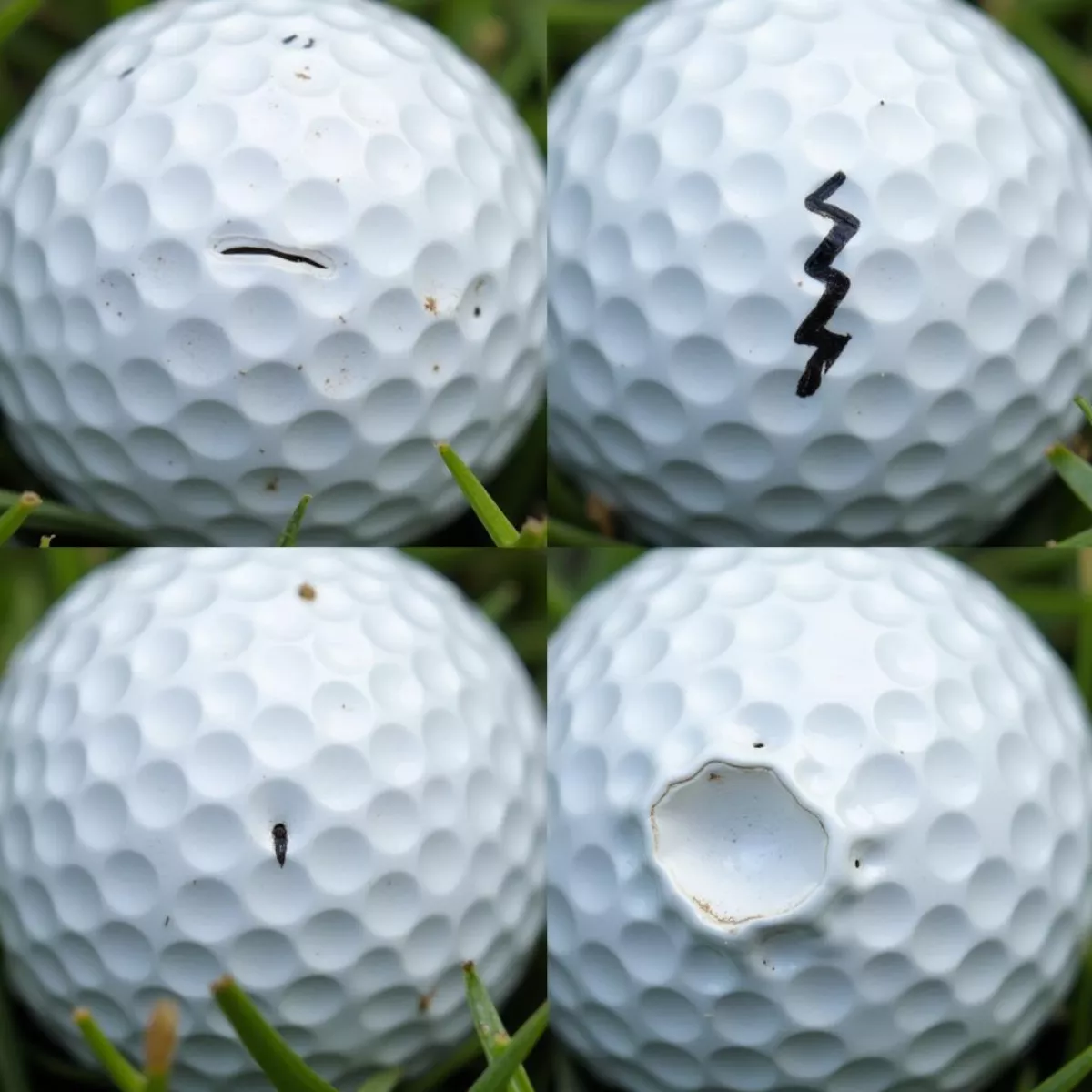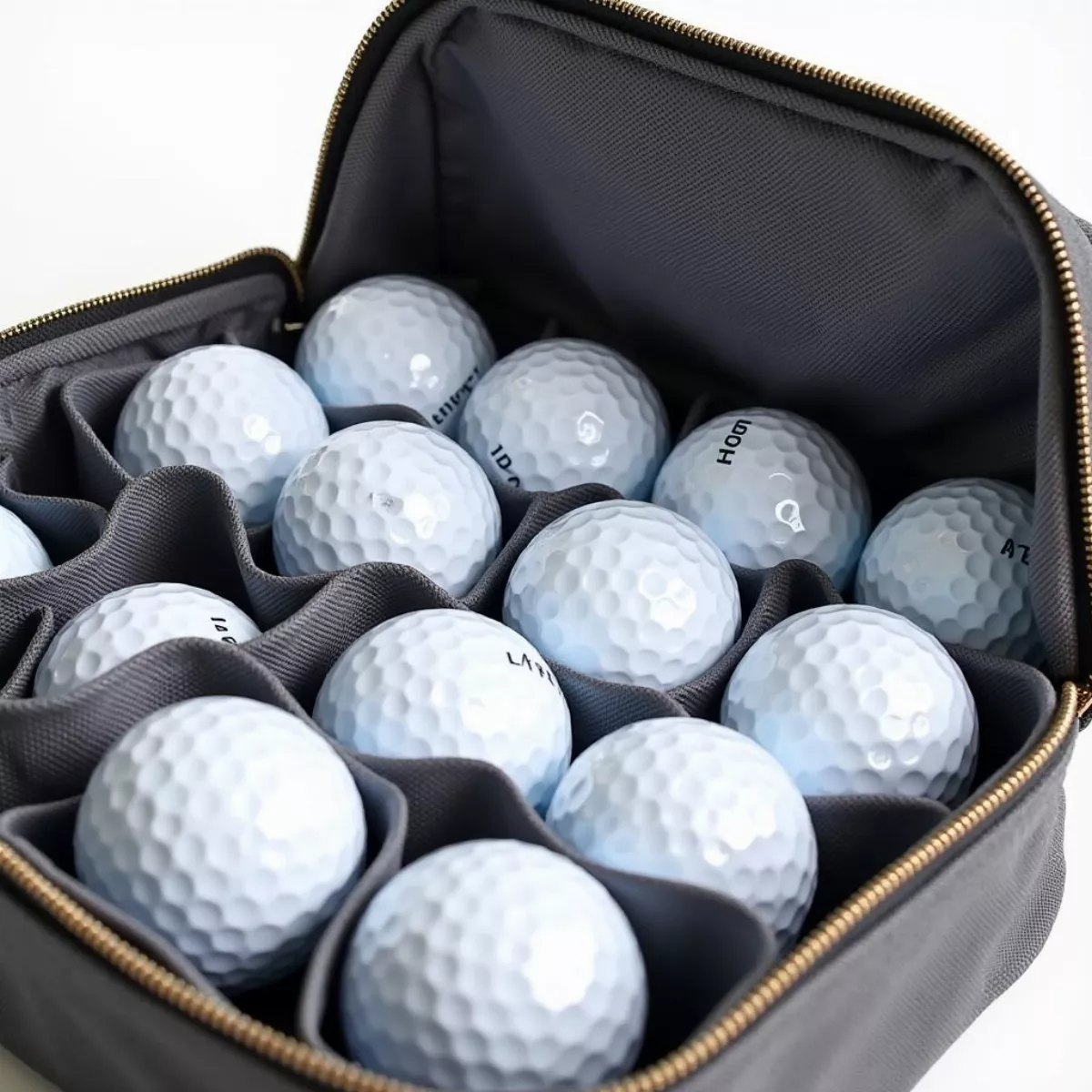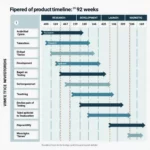Golf is not just a game of skill but also one of equipment. Among the essentials of the sport, one of the most frequently overlooked items is the humble golf ball. You might wonder, “How long is a golf ball good for?” or “When should I replace my golf balls?” These questions are crucial for maintaining your game and getting the best performance out of your equipment.
This article will explore all aspects related to the longevity of a golf ball, including types, usage circumstances, signs of wear, and tips for maximizing their lifespan.
Understanding Golf Ball Composition
Before we engage in the topic of lifespan, it’s essential to understand what a golf ball is composed of. The two main types of golf balls generally found on the market are two-piece and multi-layer balls.
1. Two-Piece Golf Balls
- Construction: Comprise a solid rubber core and a durable outer shell.
- Durability: Tend to last longer and are the preferred choice for beginners and recreational players.
2. Multi-Layer Golf Balls
- Construction: Feature several layers, typically including a soft inner core and a firmer outer shell.
- Durability: Offer greater spin and control but are often less durable than their two-piece counterparts.
The varying construction plays a significant role in how long a golf ball is good for.
Lifespan of Golf Balls
General Guidelines
A golf ball typically lasts from 1 to 7 rounds of golf, depending on your playing style and maintenance. Here’s a more detailed breakdown:
- Brand new, unused golf balls: Last indefinitely if stored in a cool, dry place.
- Used golf balls: Can maintain their performance for:
- 1-3 rounds: If you are a beginner or hit balls into hazards regularly.
- 4-7 rounds: If you avoid hazards and play conservatively.
Factors Affecting Longevity
-
Playing Conditions
- Weather: Playing in rain or humid conditions can affect the ball’s performance.
- Terrain: Oversized grass, sand, or rocky terrains can wear the ball down more quickly.
-
Storage
- Temperature: Extreme heat can degrade the materials.
- Humidity: Moisture can damage the inner components of a ball.
-
Skill Level
- Beginners tend to lose more balls and may need to replace them more frequently.
- Experienced players can use the same balls for longer durations if they maintain their condition.
-
Surface Damage
Closely inspect your golf balls for:- Scuff marks
- Cracks
- Dents
These signs are indicators that it’s time to replace your ball.
 Golf ball with scuff marks and dents
Golf ball with scuff marks and dents
Signs Your Golf Ball Needs Replacing
Knowing how to identify when a golf ball is no longer fit for play can improve your game. Consider replacing your golf ball if you notice:
- Visible Damage: Any cracks, cuts, or deformities.
- Loss of Performance: A drop in distance or control.
- Chewed Surface: Indications of wear, especially around dimples.
Helpful Tips for Maintenance
To extend the life of your golf balls:
- Keep Them Clean: Regularly cleaning your golf balls can help maintain their performance.
- Use a Proper Storage Bag: A storage container that protects against extreme temperatures will prolong lifespan.
- Handle with Care: Avoid tossing your golf balls carelessly. Treat them delicately to avoid unnecessary damage.
 Golf balls neatly organized in a storage bag
Golf balls neatly organized in a storage bag
Key Takeaways
- A golf ball typically lasts between 1 to 7 rounds of play.
- Factors such as environment, storage, and skill level all influence a ball’s lifespan.
- Regularly inspect your golf balls for signs of wear and damage.
- Keeping your golf balls clean and stored properly can extend their life.
Frequently Asked Questions (FAQ)
1. How can I tell if my golf ball is still good to use?
Inspect your golf ball for visible damage like cracks or dents. If you notice a significant performance drop, it’s likely time for a replacement.
2. Do different types of golf balls last longer than others?
Yes, two-piece balls are generally more durable than multi-layer balls due to their construction.
3. How should I store my golf balls?
Store them in a cool and dry place, preferably in a protective case to prevent damage from temperature fluctuations.
4. Can I still use a golf ball if it has minor scratches?
Minor surface scratches typically won’t affect performance much. However, if there are significant cuts or dents, consider replacing the ball.
5. How long can I keep unused golf balls?
If stored correctly, unused golf balls can last indefinitely. Just ensure they are kept in a cool, dry place.
6. How do I clean my golf balls?
You can clean them with warm soapy water and a gentle brush. Avoid using any harsh chemicals that may degrade the materials.
7. Is it worth buying expensive golf balls?
If you are an advanced golfer, investing in high-quality balls can improve your performance. However, beginners might benefit more from inexpensive balls until they refine their skills.
8. Can weather conditions affect the lifespan of my golf balls?
Absolutely! Playing in harsh weather conditions can degrade your golf balls faster, especially if they get wet or exposed to extreme temperatures.
9. Do brands of golf balls affect longevity?
Some brands prioritize durability in their designs, while others focus on performance. It’s worth trying different brands to see which meets your needs.
Conclusion
Understanding how long a golf ball is good for involves more than just tracking rounds played. It’s about considering composition, environmental factors, and proper maintenance. Following these guidelines can ensure that you make the most out of your golf balls and enhance your overall game performance.
If you play regularly, it’s a good practice to have a few good-quality balls on hand. They may not last forever, but with the right care and attention, they can serve you well for a long time! Happy golfing!

